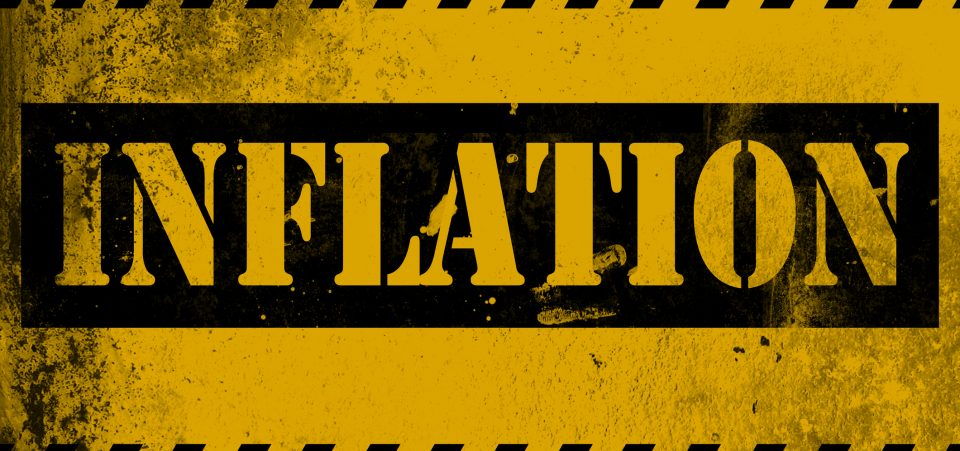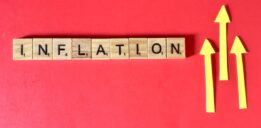What the Federal Reserve Actually Does
The Federal Reserve’s main job is to keep the economy, inflation and market expectations in check. Why? Because if the economy is volatile, it impacts the general standard of living of Americans. And if inflation is rampant and out of control, it erodes buying power and wealth.
As for expectations, if the Federal Reserve doesn’t manage them, investors end up panicking and running for the exit. When this happens, we see stock market crashes and uncertainty.
There are several ways the Fed does this: through its statements, interest rates, and outright direct market operations. For instance, with statements, the Fed made it very clear that it will be ending quantitative easing (a direct market operation to avert the financial crisis).
Another example: before raising the interest rates in 2015, the Fed gave ample time for investors and businesses to figure out what could be ahead. Even with that, the central banks initially raised interest rates slowly because said rates had been near zero for a very long time.
Fed Setting the Stage for a U.S. Economic Downturn?
It’s important to watch what the Federal Reserve is currently up to. That’s because, as bold as this may sound, it could already be warning investors about the next economic downturn.
We know that the Fed is adamant about raising interest rates. If you look at long-term projections, they anticipate the federal funds rate to go above three percent. However, as the Fed is focused on raising rates, it’s also warning about what’s ahead.
Not too long ago, the Federal Open Market Committee’s (FOMC) most recent meeting minutes were released. A few members showed, “concern that a prolonged period in which the economy operated beyond potential could give rise to heightened inflationary pressures or to financial imbalances that could lead eventually to a significant economic downturn.” (Source: “Fed: Letting inflation run too hot could lead to ‘a significant economic downturn,” CNBC, July 5, 2018.)
Put simply, inflation could be soaring, and this could have dire consequences for the U.S. economy.
See also: Why a Stock Market Crash Could Be Ahead in 2018
Don’t Ignore the Fed
It can’t be stressed enough how critical it is to watch what the central bank is doing.
I tend to read the meeting minutes and statements by the Federal Reserve closely. For as long as I can remember, they haven’t often included terms like “financial imbalances” and “significant economic downturn.”
I am wondering if the Fed is nervous and expects something bad coming the U.S. economy’s way. Remember that if the Fed fails at managing the economy, inflation, and market expectations, it won’t end well.
Recall what happened in 2007 and 2008. The Federal Reserve overlooked troubles in the financial sector and housing market—and didn’t manage expectations.
Once the data started to show these problems, it was too late. Investors panicked and they sold until the central bank had to take extreme measures, namely to print money in order to secure the financial sector and, ultimately, the U.S. economy.
Be careful.






